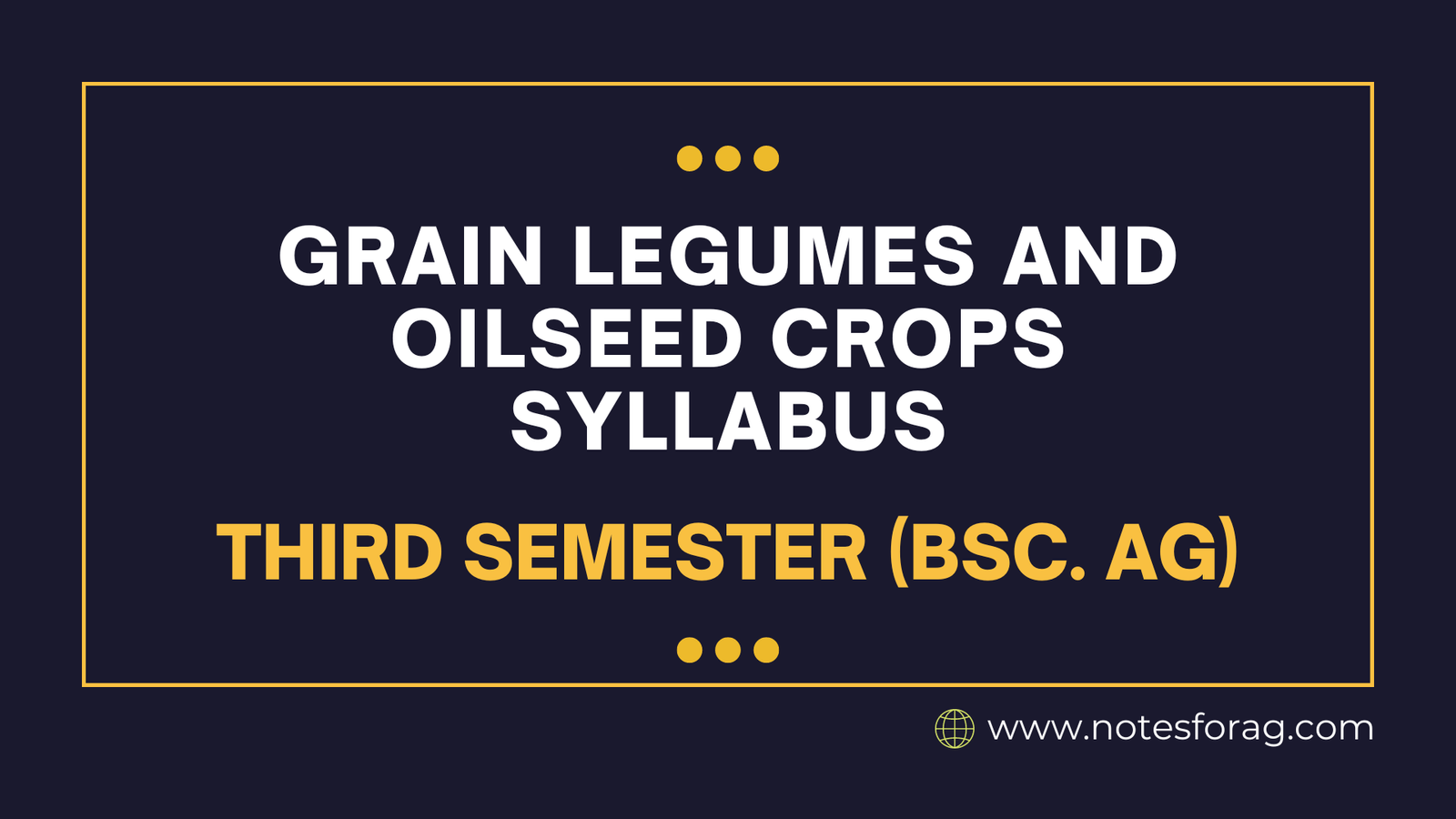Agro-meteorological variables and its measurement
Agro-meteorological variables are important factors affecting agricultural productivity and sustainability. Weather factors include temperature, precipitation, humidity, wind speed, and solar radiation, as well as soil variables like moisture and temperature. Accurate measurement of these variables is critical for successful agro-meteorological modelling and decision-making. Weather stations, remote sensing technologies (satellites and drones), soil sensors, and meteorological … Read more







